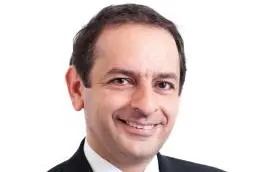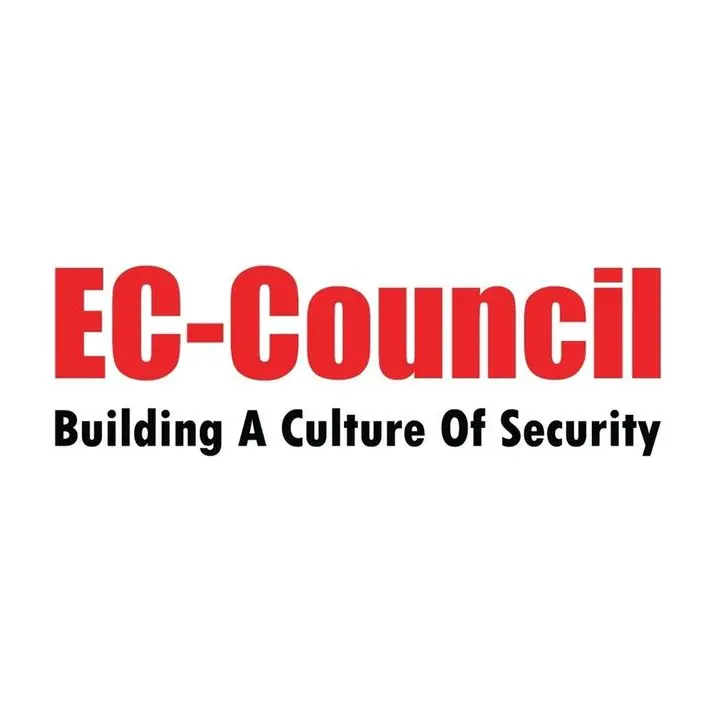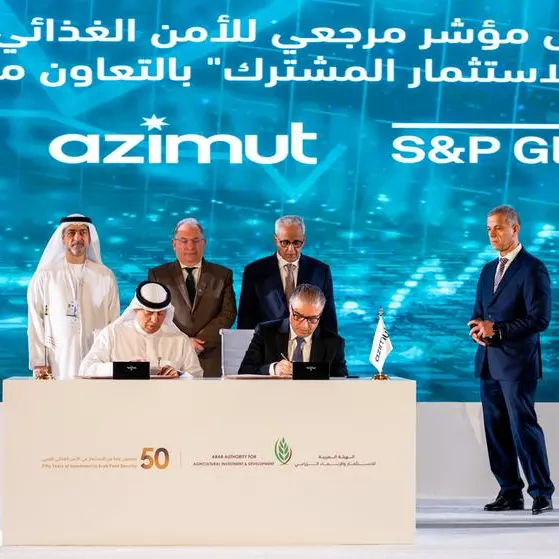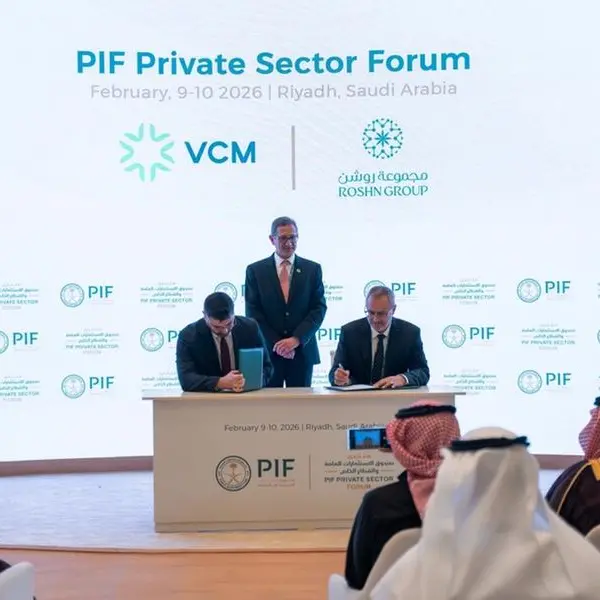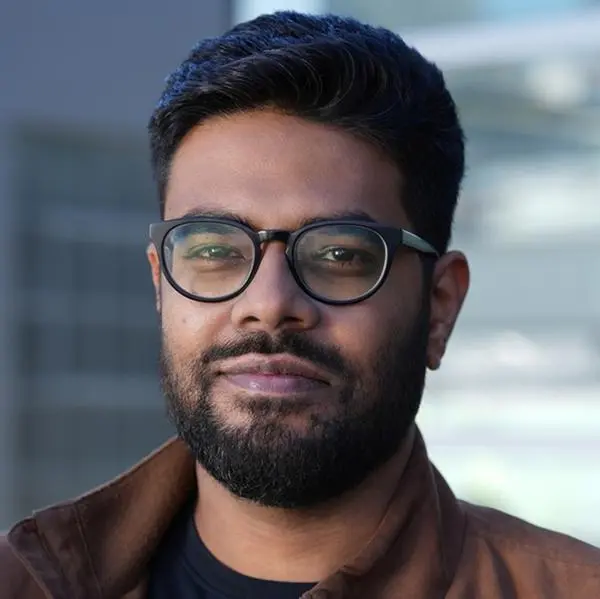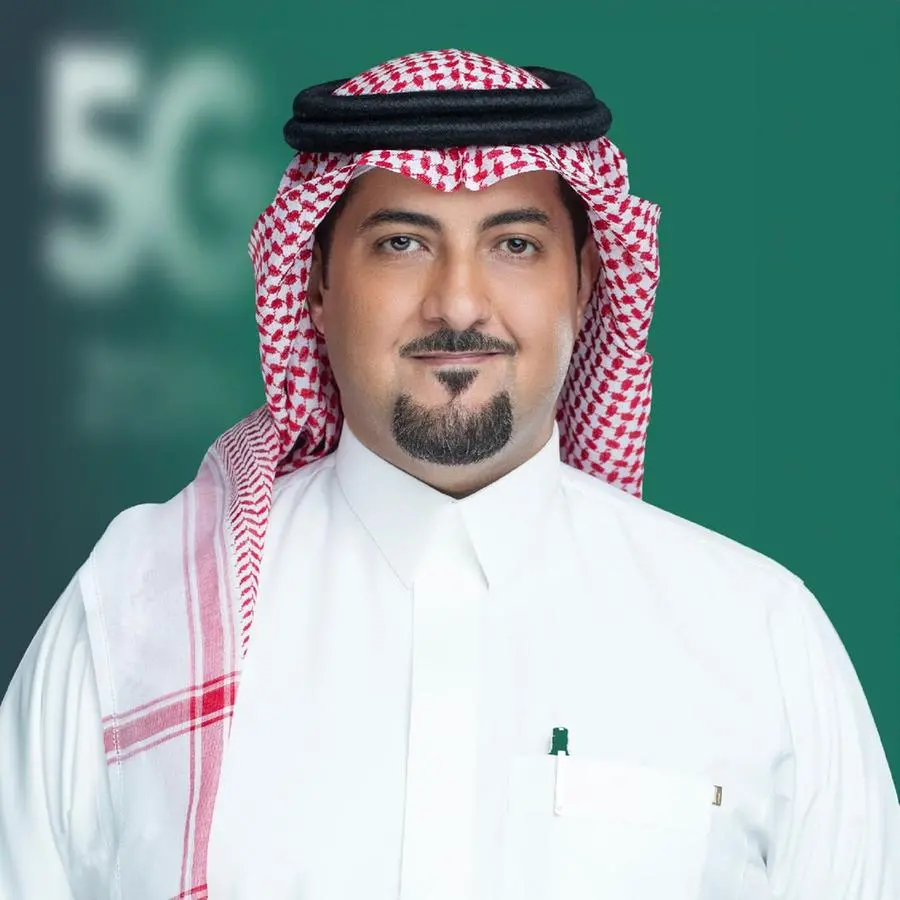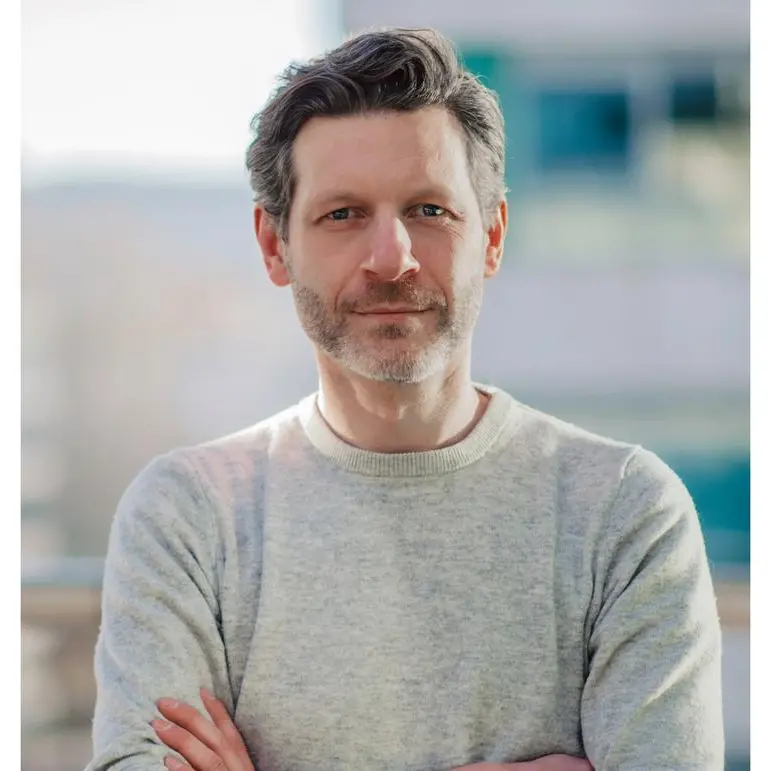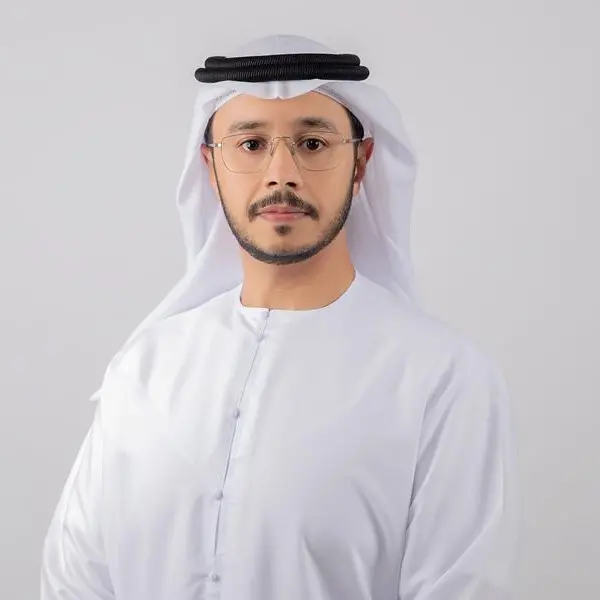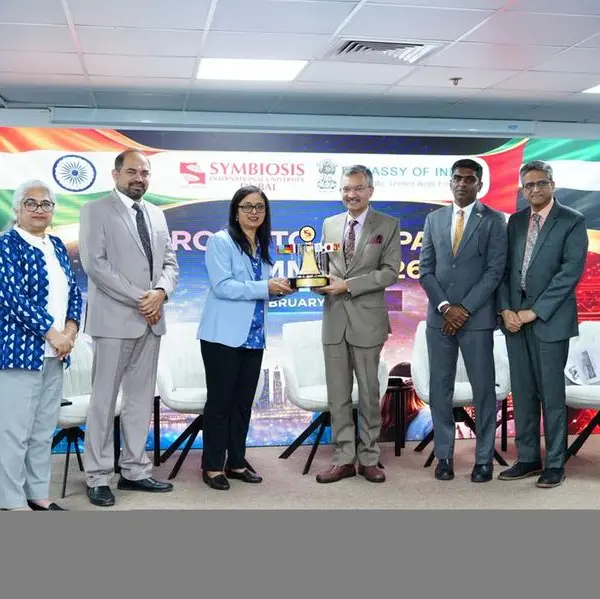PHOTO
Global Islamic funds under management expected to reach $77 billion by 2019
Demand for Islamic funds projected to reach $185 billion by 2019
Malaysia & Saudi Arabia hold 69% of total Islamic funds under management
Sukuks & equities are the most preferred asset types for investors & asset managers
DUBAI, UNITED ARAB EMIRATES, May 19, 2015 - Thomson Reuters, the world's leading source of intelligent information for businesses and professionals, today published the findings of its Global Islamic Asset Management Outlook at the World Islamic Funds Conference in Bahrain.
According to the study, Islamic funds are a US$60 billion industry forecasted to grow to at least US$77 billion by 2019, while the latent demand for Islamic funds is projected to grow to US$185 billion. There are substantial growth opportunities but the industry will struggle to reach its potential in the near- to mid-term to bridge the US$108 billion demand-supply gap.
The study is based on a survey of key asset managers, investors, and other market players such as regulators, consultants, and financial institutions. Despite the financial crisis, the Arab Spring in the MENA region and the Euro crisis, the majority of investors and asset managers still believe that performance and efficiency during the past five years remained the same or surpassed expectations. Building on this momentum, most asset managers are willing to increase their Islamic investment holdings in the next 12 months.
Investors and asset managers chose the GCC as their preferred investment destination, with Sukuks and equities being the preferred asset types for 2015 and 2016. Most asset managers also highlighted a preference for a more supportive Shariah framework within their markets.
Nadim Najjar, Managing Director, Middle East and North Africa, Thomson Reuters, said: "The report highlights key areas of opportunity available to the Islamic asset management industry, including Islamic wealth management, private equity, crowd funding, sustainable investing, and socially responsible investments. Almost 70% of Middle Eastern wealth is transferred overseas. To attract this wealth, Islamic asset managers need to compete with institutions overseas by providing both attractive yields and a superior level of service quality and product customization."
Dr. Sayd Farook, Global Head of Islamic Capital Markets for Thomson Reuters, said: "The Global Islamic Asset Management Outlook 2015 highlights the key challenges and opportunities in the asset management space. The report highlights the current and forecasted demand-supply gap, which is projected to grow to US$108 million by 2019, and suggest strategies and areas of focus that the industry should consider to grow to its full potential."
A good 2014, moderating into steady growth
In 2014, Assets Under Management (AUM) of total global Islamic funds grew 5.3% from the previous year and the number of funds jumped by 11%. Additionally, there were two very positive signs for the industry in 2014: the year saw the lowest number of liquidated funds since 2008 at US$127 million compared to US$315 million in 2013; and the total size of new funds launched increased to US$2.27 billion from US$1.52 billion in 2013, representing a 49% rise. Mutual funds dominated in 2014 with $53.17 billion making up 88% of total global Islamic funds mostly driven by diversification and liquidity.
The industry is heavily concentrated in core markets, it lacks scale and a middle ground
In 2014, 12 funds, each with AUM in excess of US$1 billion, made up 43% of total AUM while 50% of total AUM was held in funds smaller than US$10 million each. Islamic asset managers also highlighted the lack of available expertise, compliance with new regulations, investor's confidence and market conditions as key challenges limiting investment scale and growth.
In 2014, 84% of total Islamic AUM was held in eight countries, with Saudi Arabia and Malaysia accounting for 69% of total AUM. Outside of Saudi Arabia and Malaysia, the industry continues to work within a largely unsupportive regulatory framework, suffering from a lack of government support and absence of clear Shariah-compliant investment avenues.
Growth pockets outside core markets
Outside of core markets Malaysia and Saudi Arabia, there are other growth pockets on the horizon for Islamic funds. Pakistan and Indonesia currently enjoy stable political climates and a renewal of efforts to expand and deepen their respective Islamic finance industries across all sectors. China is also opening up to Shariah-compliant funds - in 2014, Malaysian and Hong Kong asset managers started collaborating to market Islamic funds to China's retail clients, with funds focused initially on the Far East and Southeast Asia.
To download the full report please click here
Thomson Reuters
Thomson Reuters is the world's leading source of intelligent information for businesses and professionals. We combine industry expertise with innovative technology to deliver critical information to leading decision makers in the financial and risk, legal, tax and accounting, intellectual property and science and media markets, powered by the world's most trusted news organization. Thomson Reuters shares are listed on the Toronto and New York Stock Exchanges (symbol: TRI). For more information, go to www.thomsonreuters.com.
CONTACTS
Tarek S. Fleihan
Head, Corporate Communications & Public Relation
Middle East, Africa & Russia / CIS
Thomson Reuters
Phone: +971 4 4536527
Mobile: +971562162575
Fax: +971 4 3918333
Email: tarek.fleihan@thomsonreuters.com
Website : www.thomsonreuters.com
Building No. 1, Office 501
P.O. Box: 1426, Dubai Media City, Dubai, UAE
© Press Release 2015
